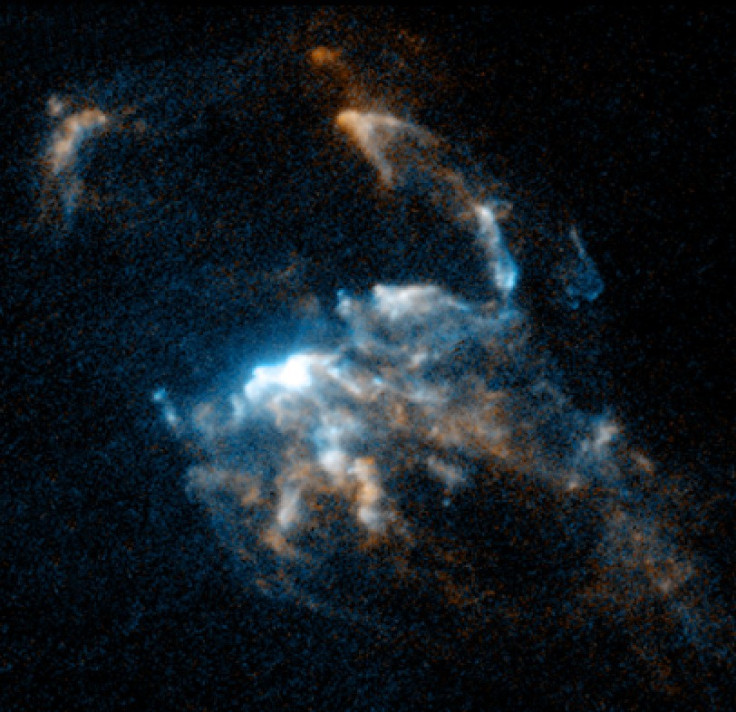British Astronomers Develop New Giant Telescope to Hunt For Life on Other Galaxies

The Science Technology and Facilities Council (STFC) confirmed Monday that it would provide UK scientists with £3.5m to fund development of key instruments for the planned European Extremely Large Telescope - the largest telescope in the world.
The E-ElT is said to address many of the key questions in astronomy, thereby significantly increasing Earth's understanding of the universe the STFC have stated.
The telescope, which the UK is playing a leading role in, will directly image and investigate planets outside our Solar System, including rocky planets in 'habitable zones', and perhaps answer one of humanity's biggest questions - 'are we alone in the Universe?'
The E-ELT will be able to examine the first objects in the Universe and the subsequent evolution of galaxies and black holes, helping us to understand how our Universe came to look the way it does today
As well as this, the largest telescope in the world would be able to explore the nature and distribution of dark matter and dark energy, thought to make up most of our Universe, but as yet not directly observed or understood the STFC reports Monday.
Prof Colin Cunningham, of the UK Astronomy Technology Centre, said the new £3.5m fund would allow the UK to put itself "in the best possible position to develop key instruments for the E-ELT with its international partners.
"The fact that ESO has already highly rated the early designs for these instruments is testament to the world-leading expertise of our scientists and engineers. We are looking forward to turning these designs into exciting new capabilities for the astronomy research community," Mr Cunningham told the Guardian.
The UK is playing a leading role in the E-ELT, leading the generation of the science requirements, developing instrument designs and adaptive optics technologies, designing telescope systems through industrial contracts and developing manufacturing processes for the optical elements.
The UK E-ELT programme will build opportunities for UK industry in the construction of the telescope and its instrumentation. UK companies, including Arup, Observatory Sciences, OpTIC Glyndwr, Scisys, and E2V have already been involved in the preliminary phases.
If the telescope is given approval, the E-ELT will be ten times more sensitive than any other light-sensing telescope on Earth with a decision due in December 2011 with the STFC expecting the first set of results by 2018 the Daily Telegraph reports Monday.
© Copyright IBTimes 2024. All rights reserved.





